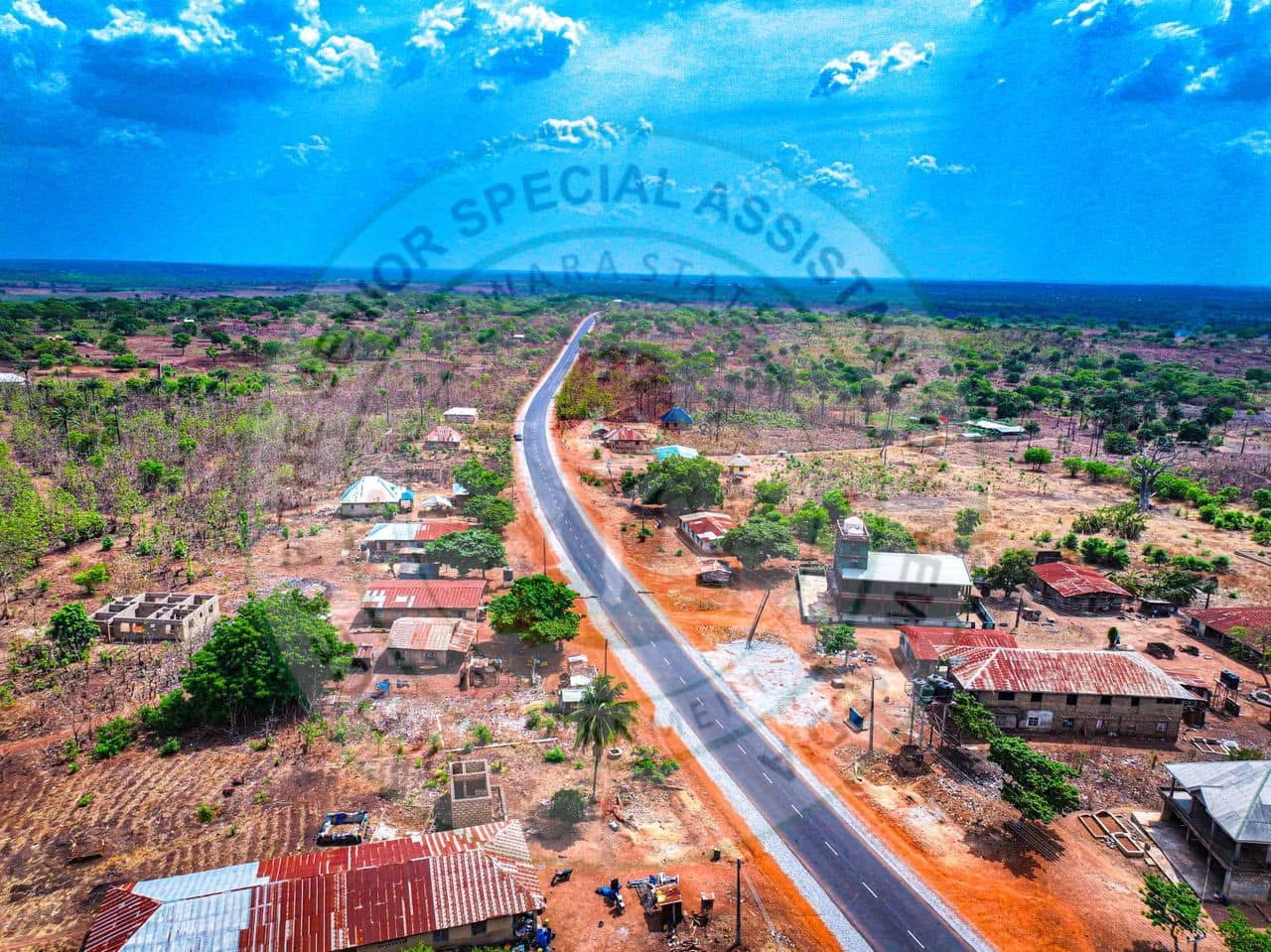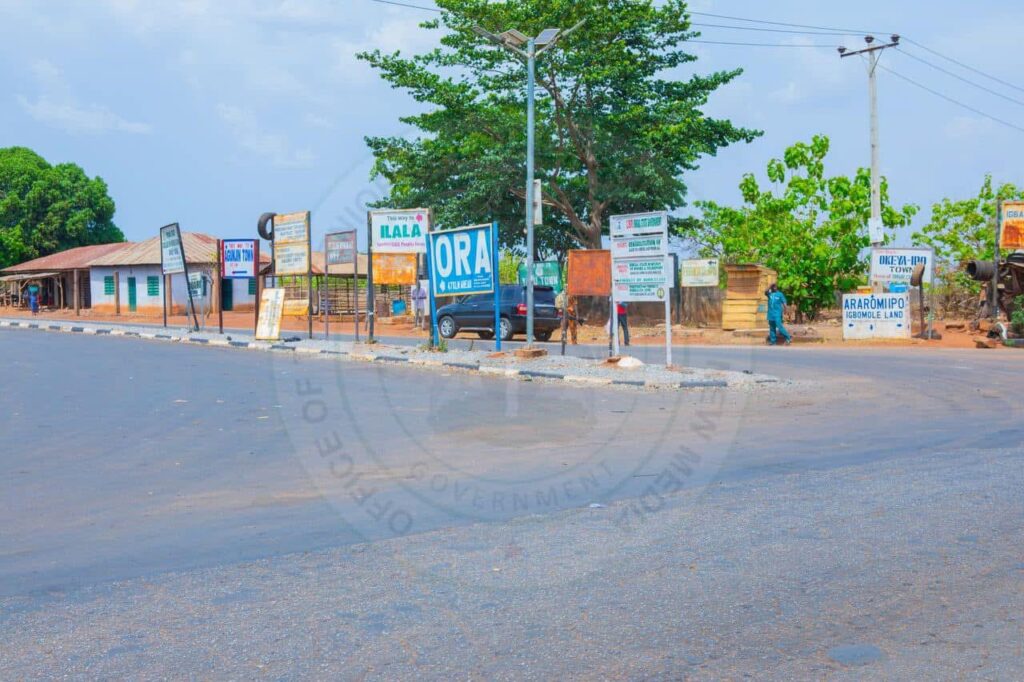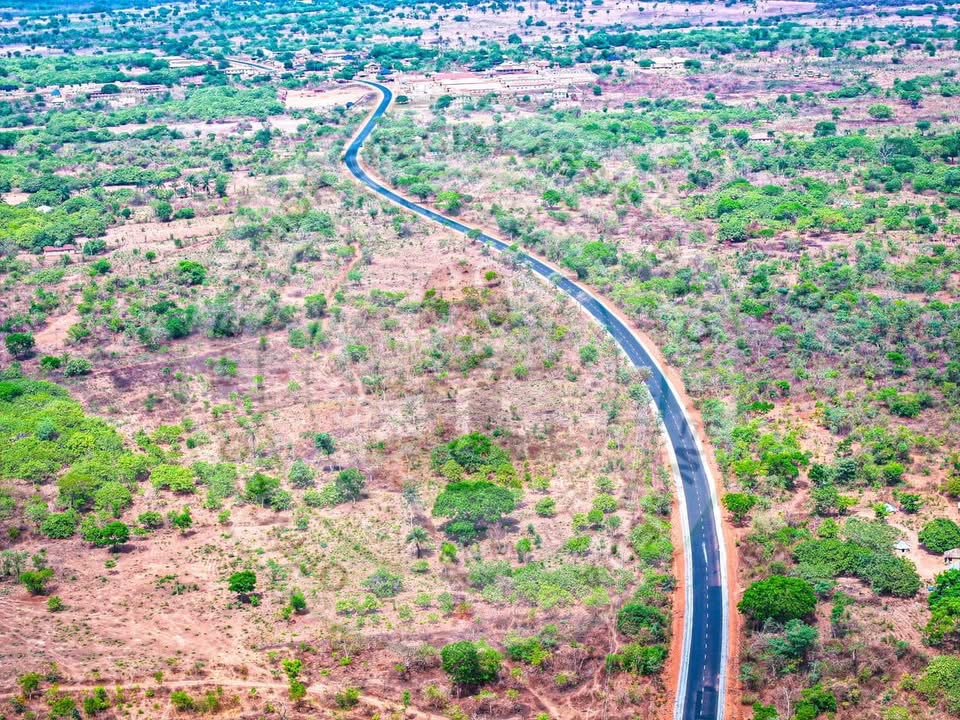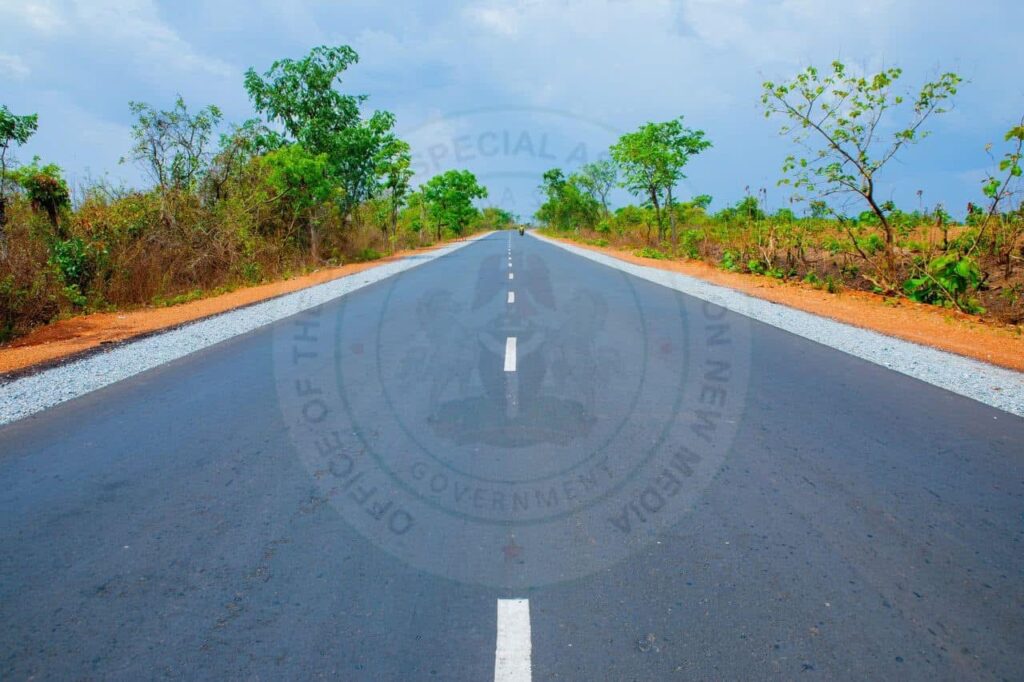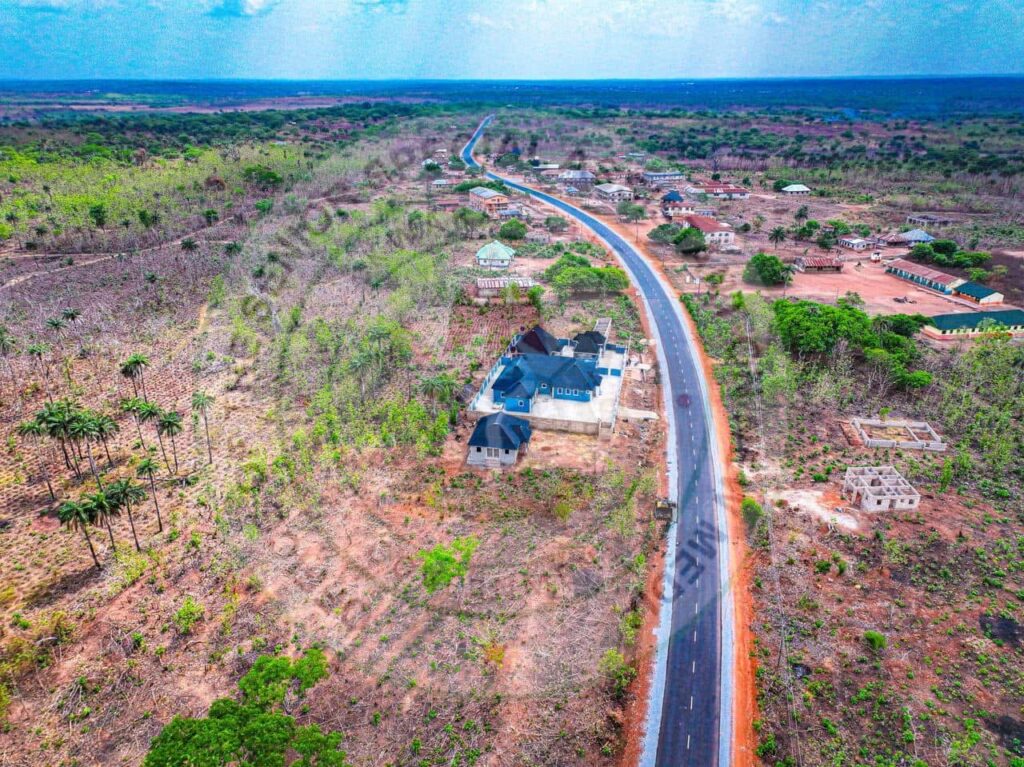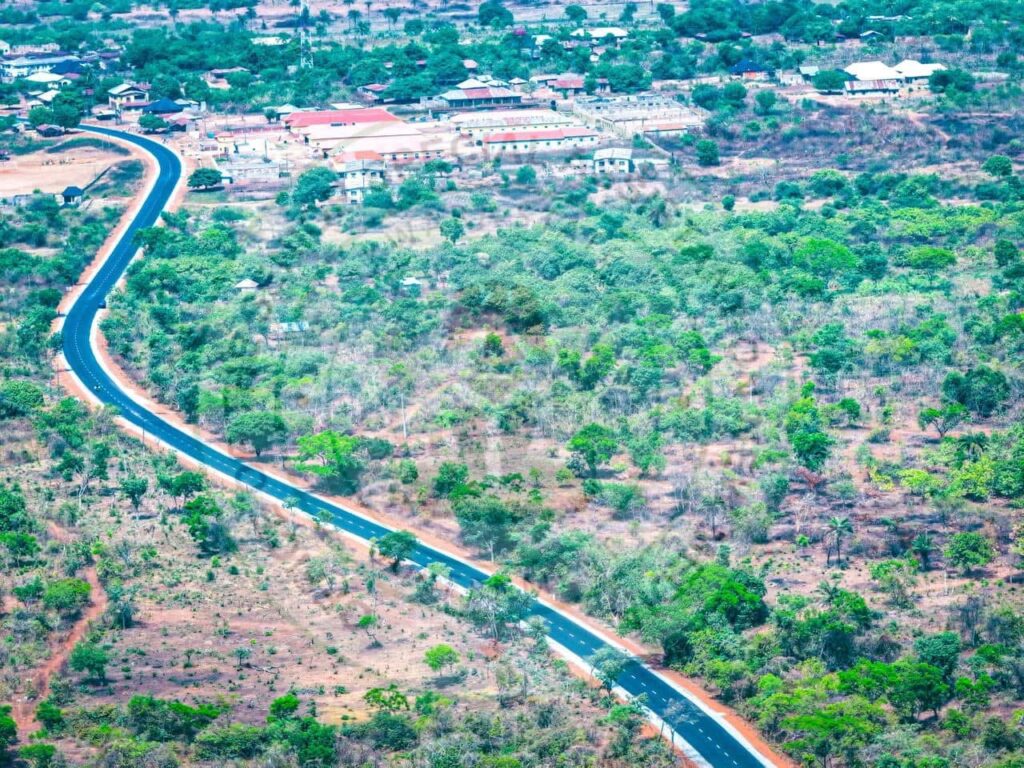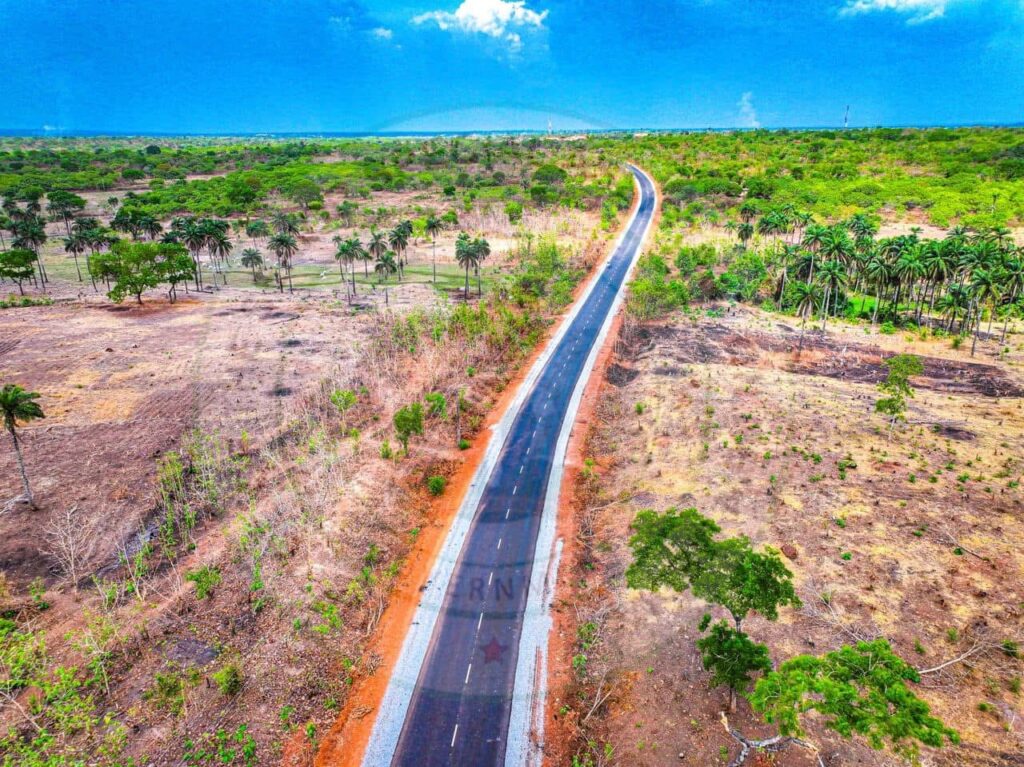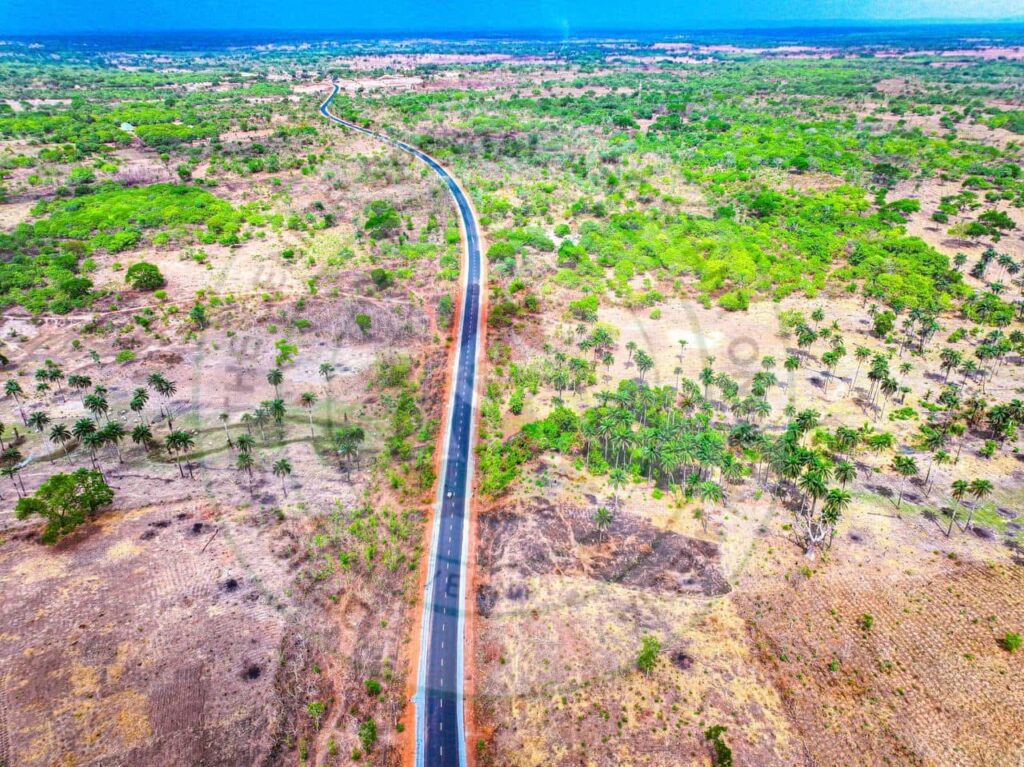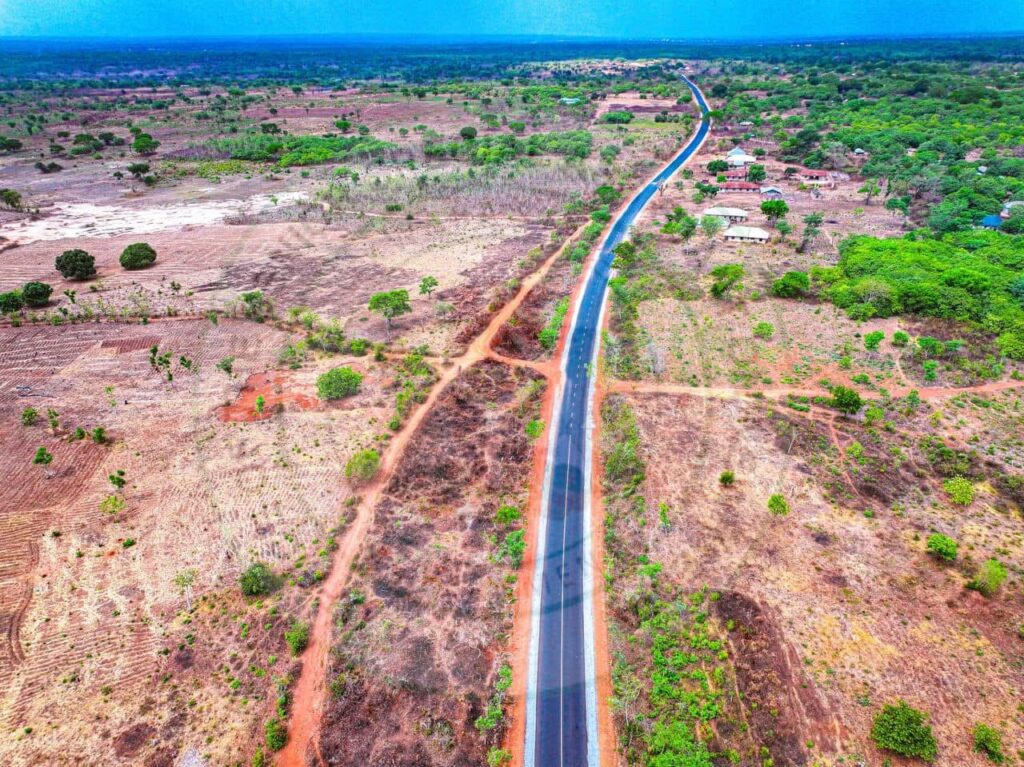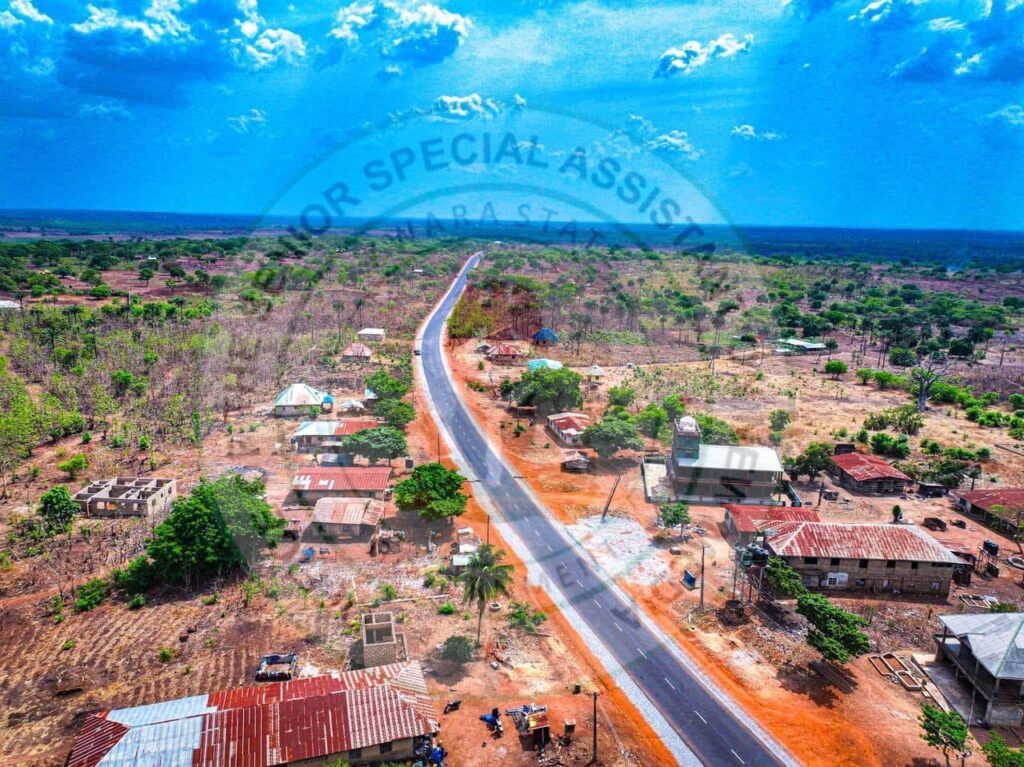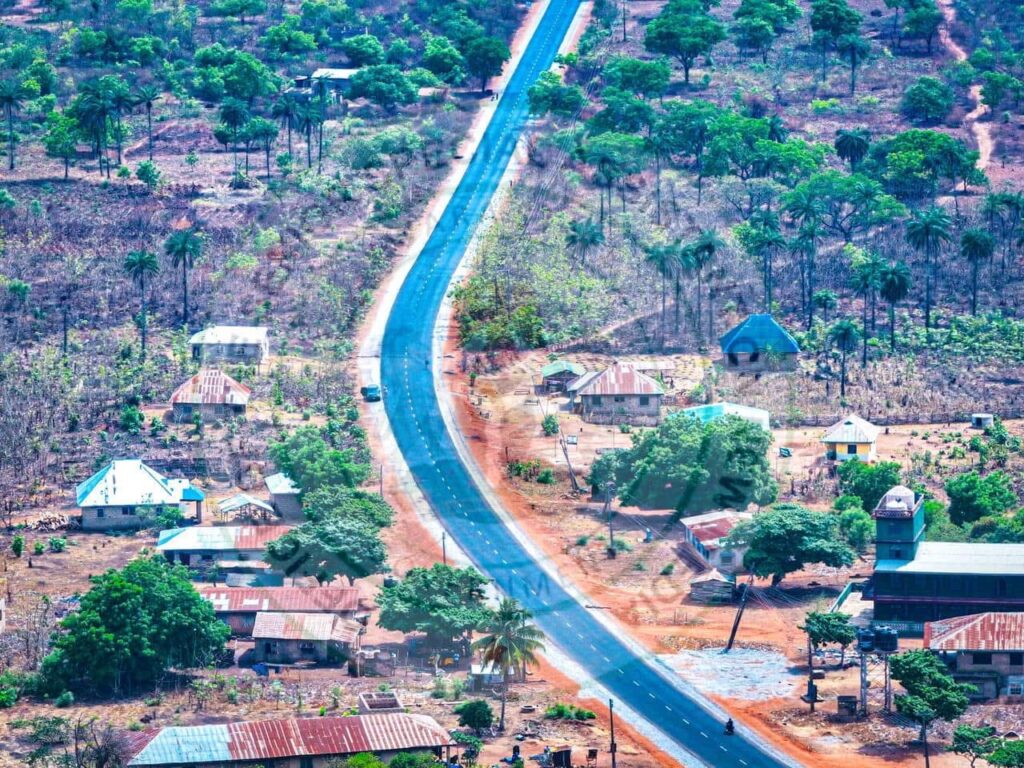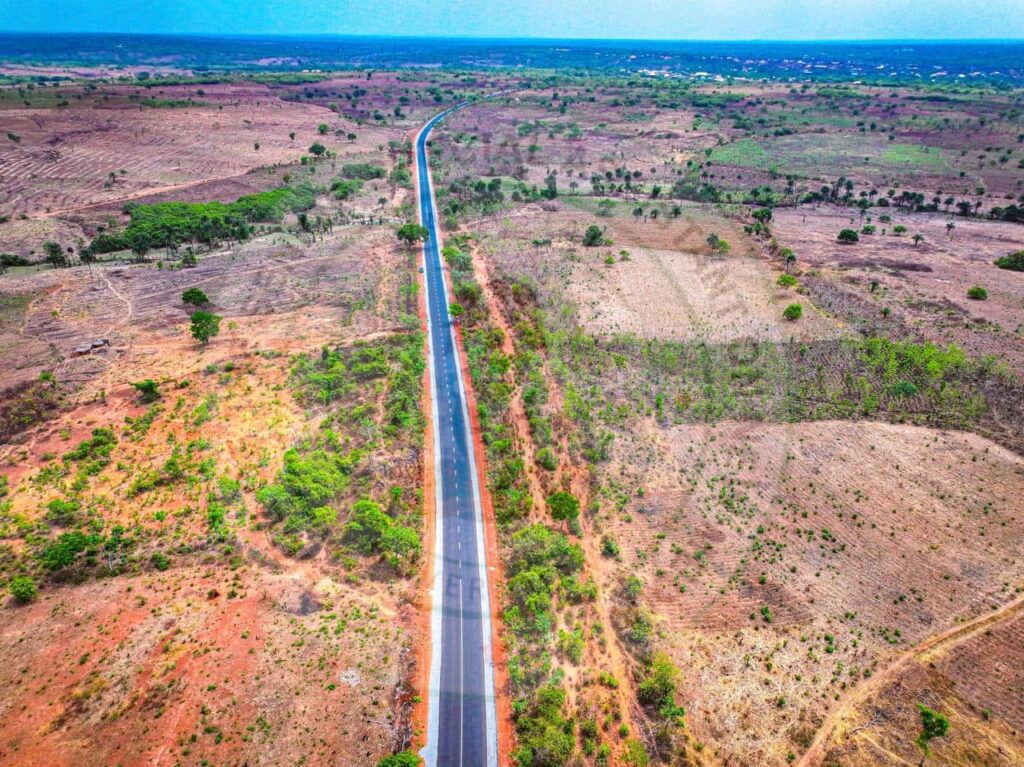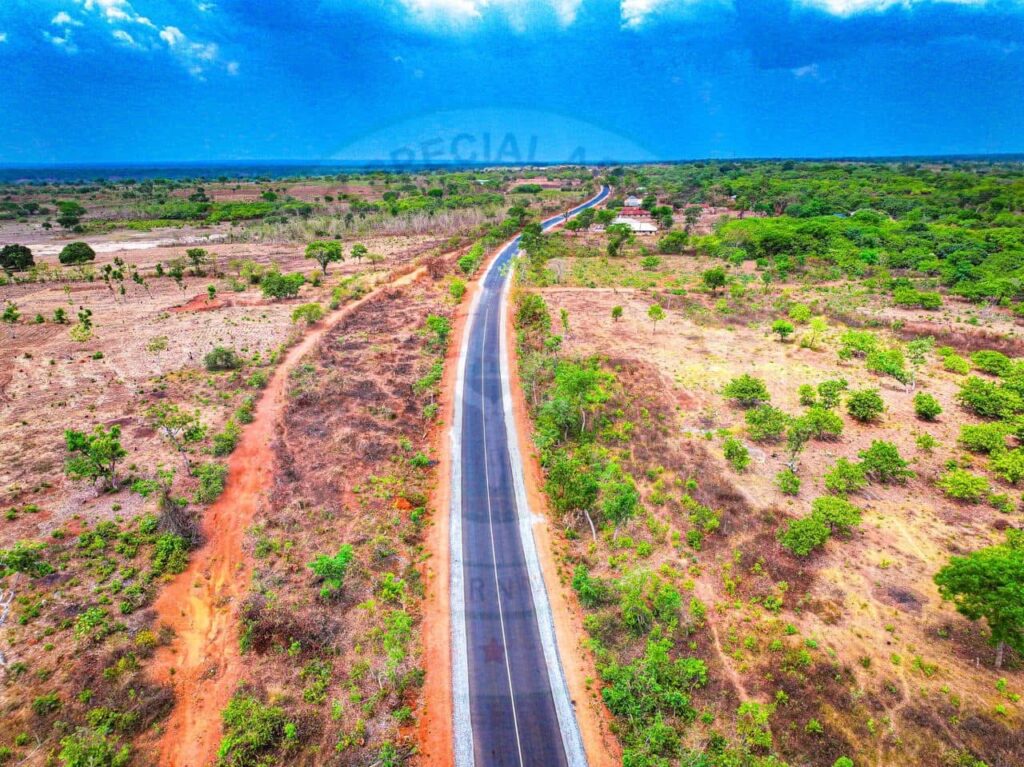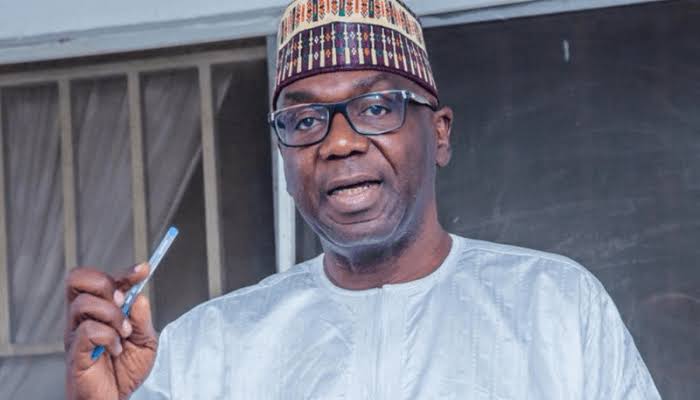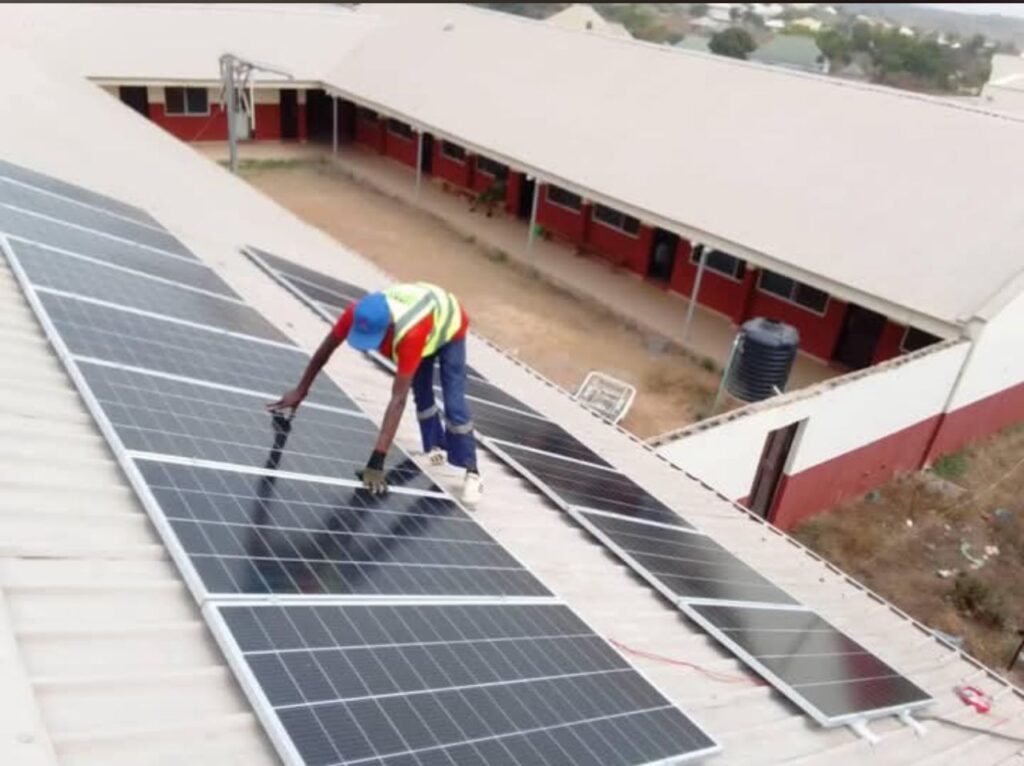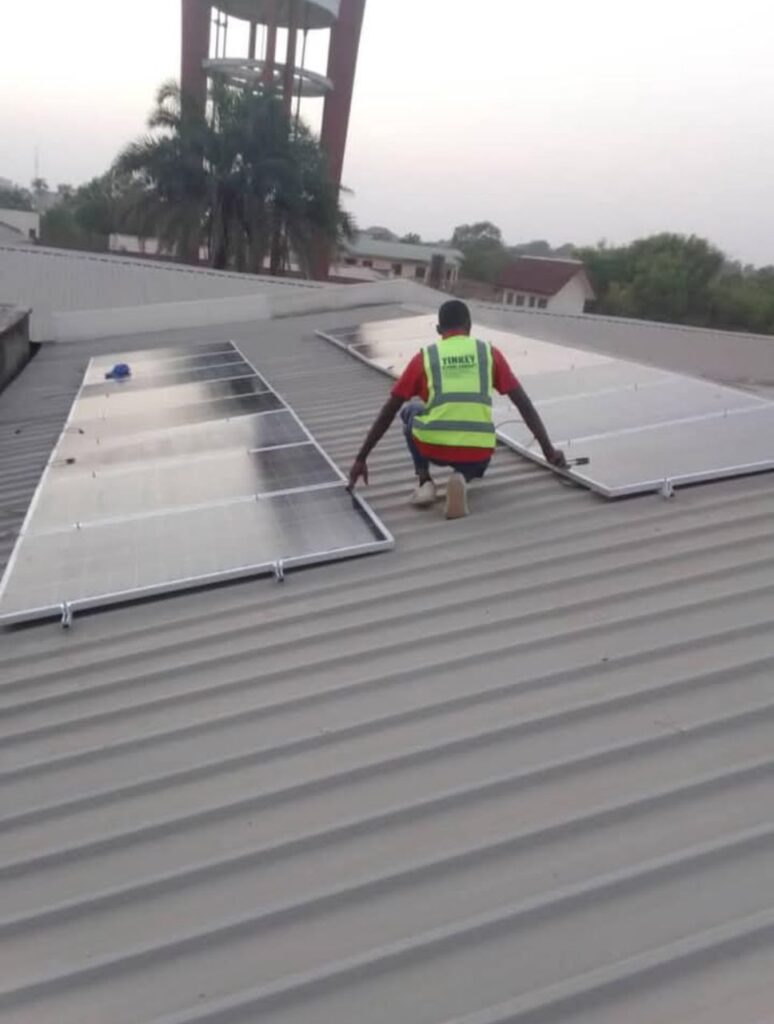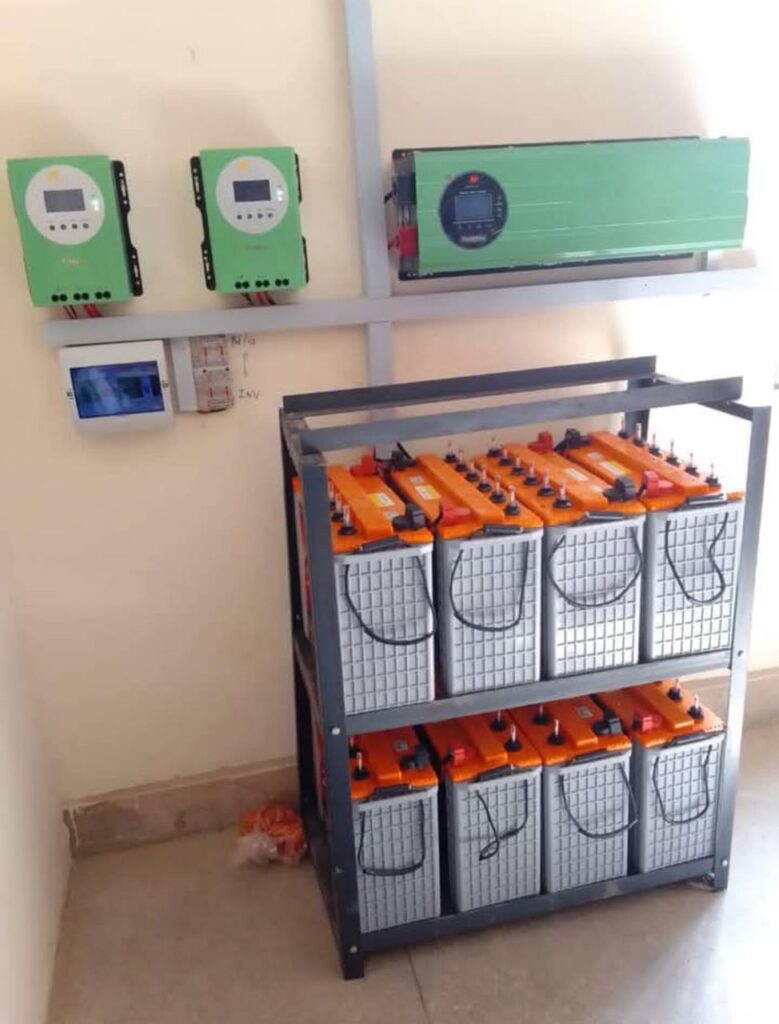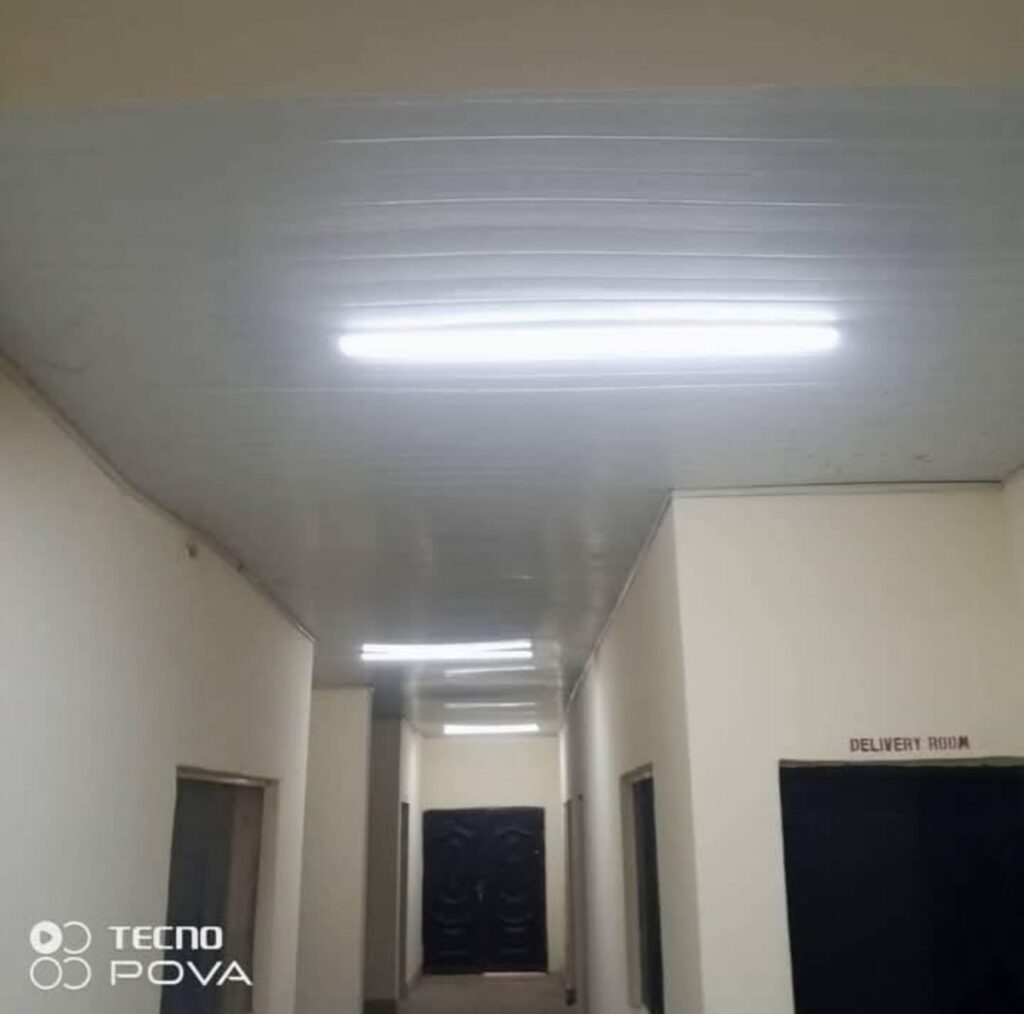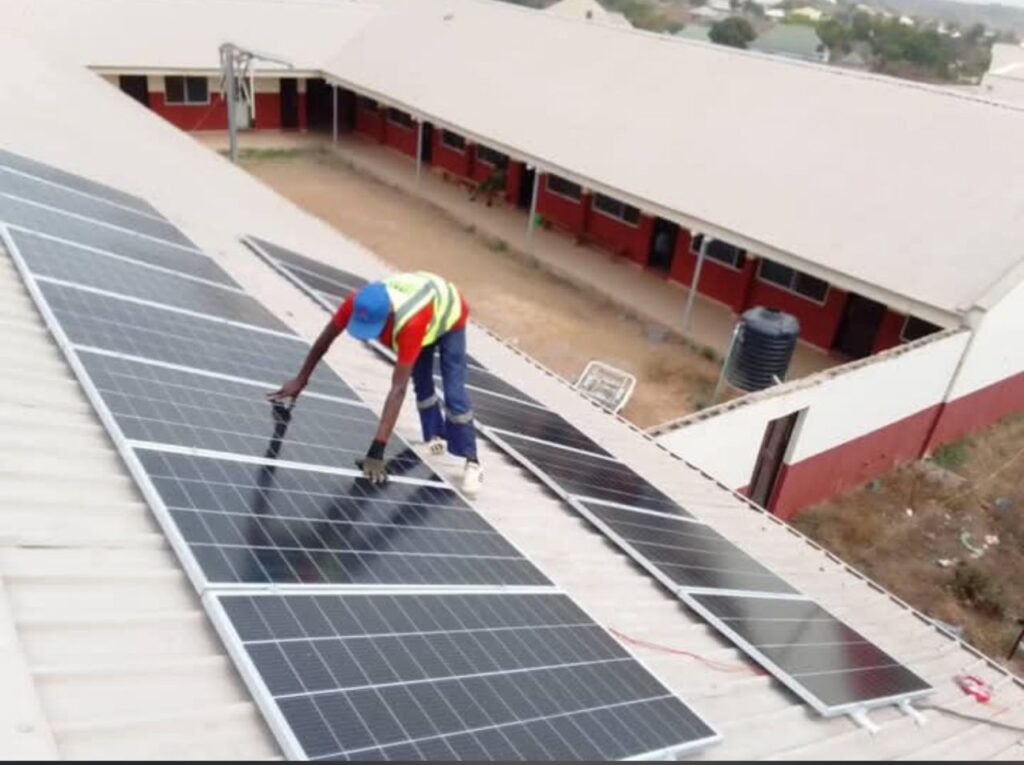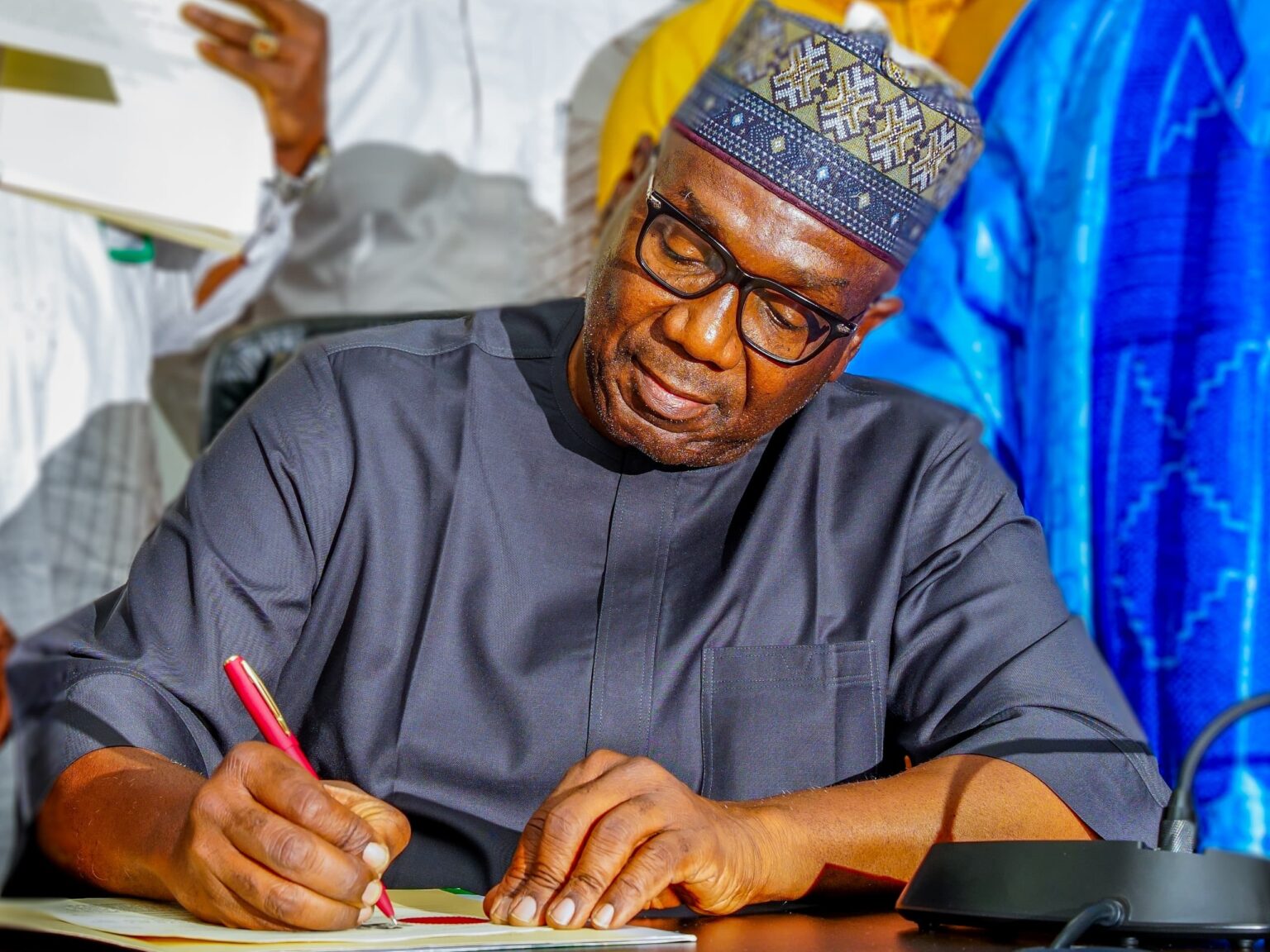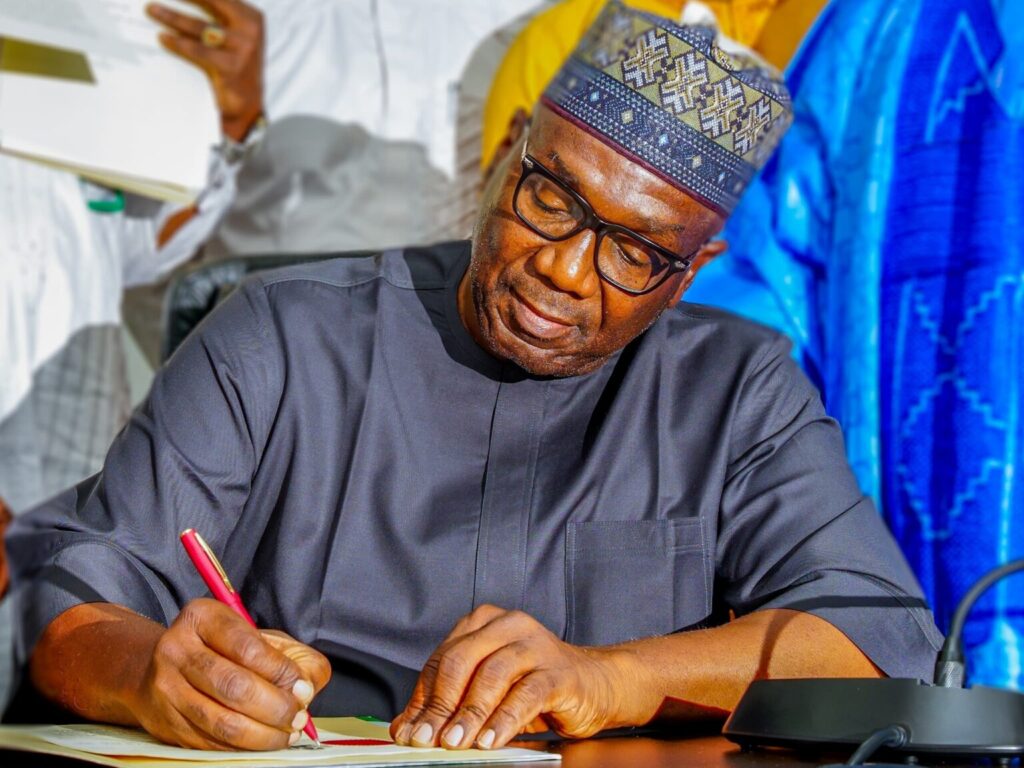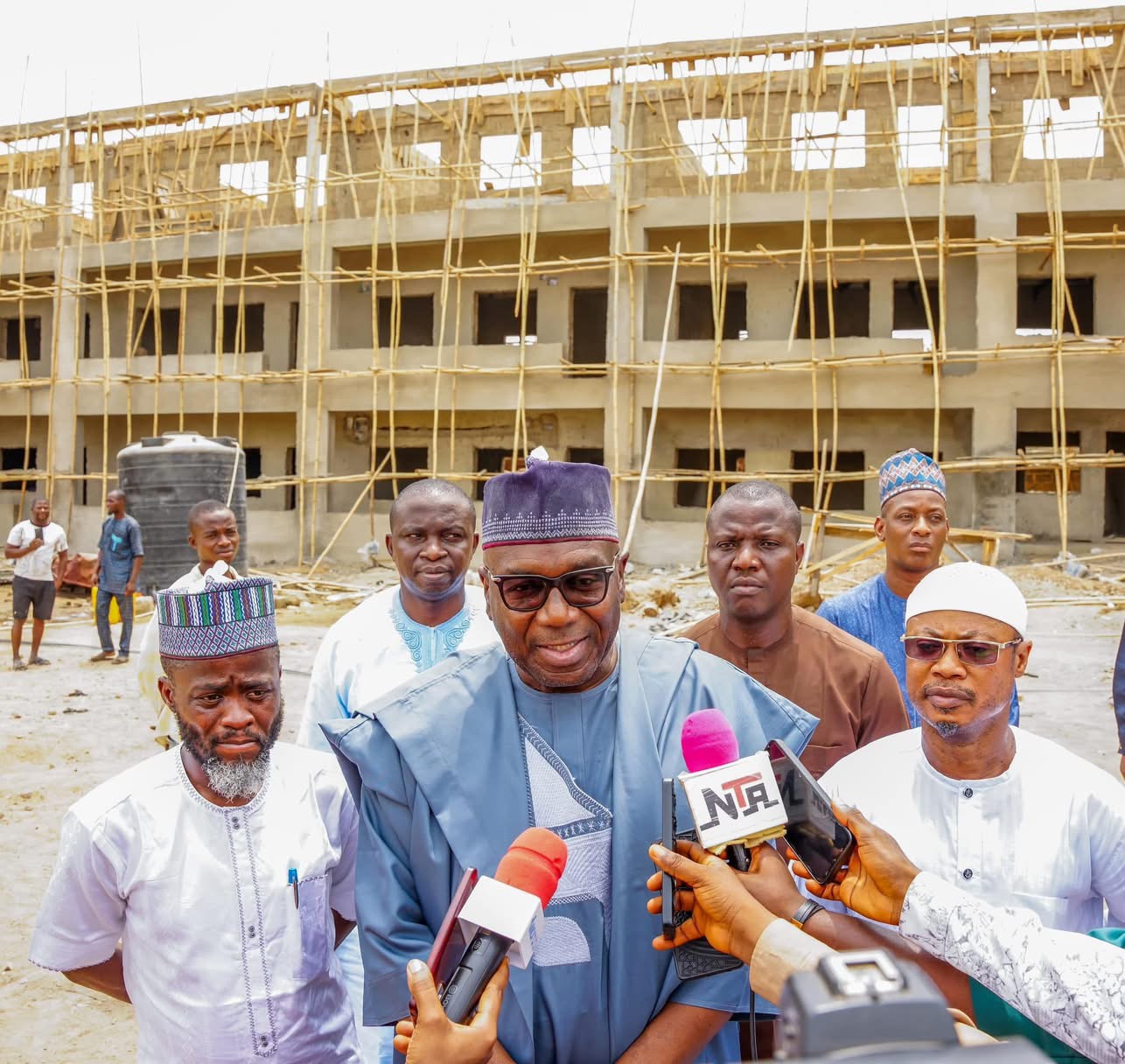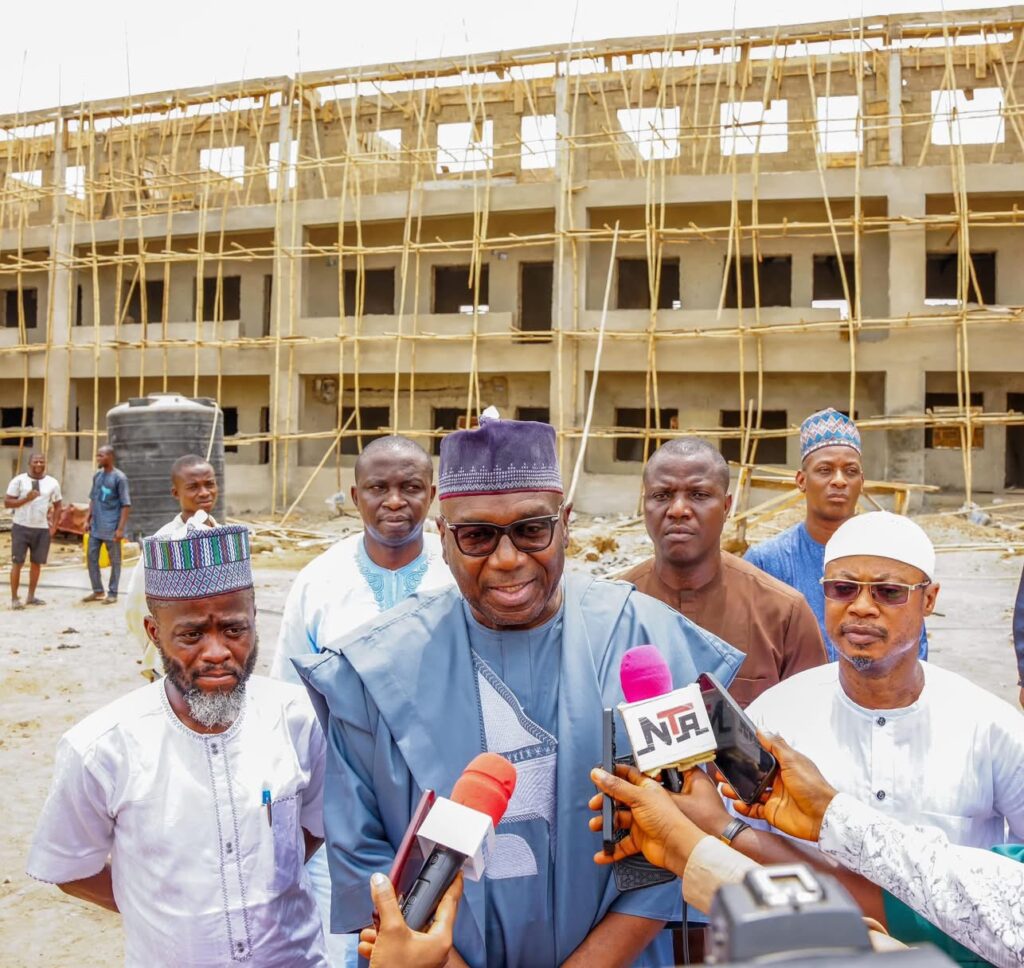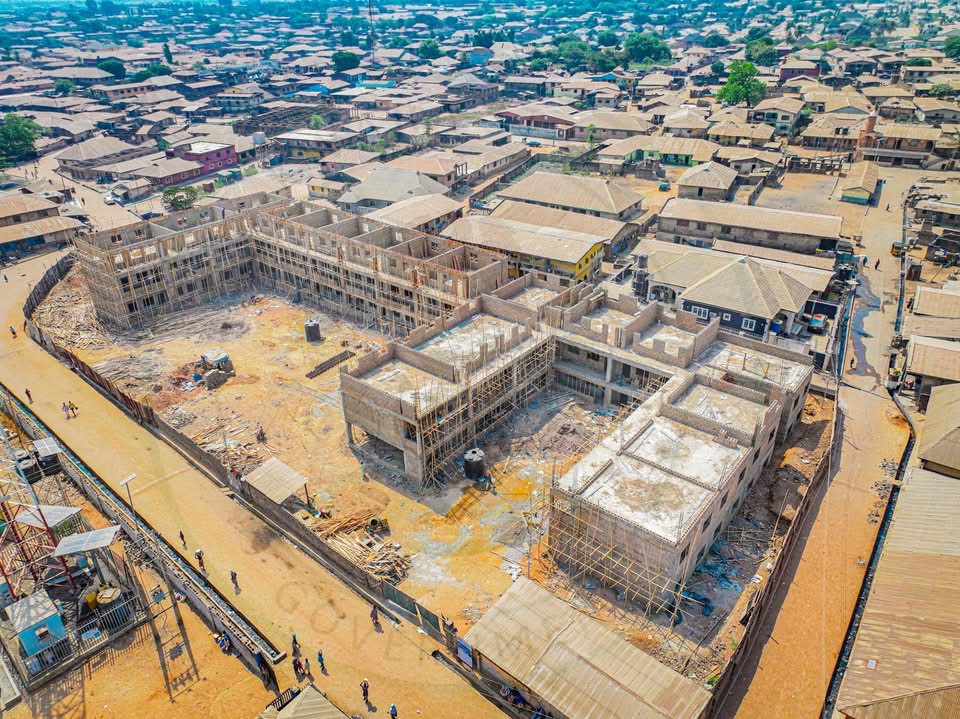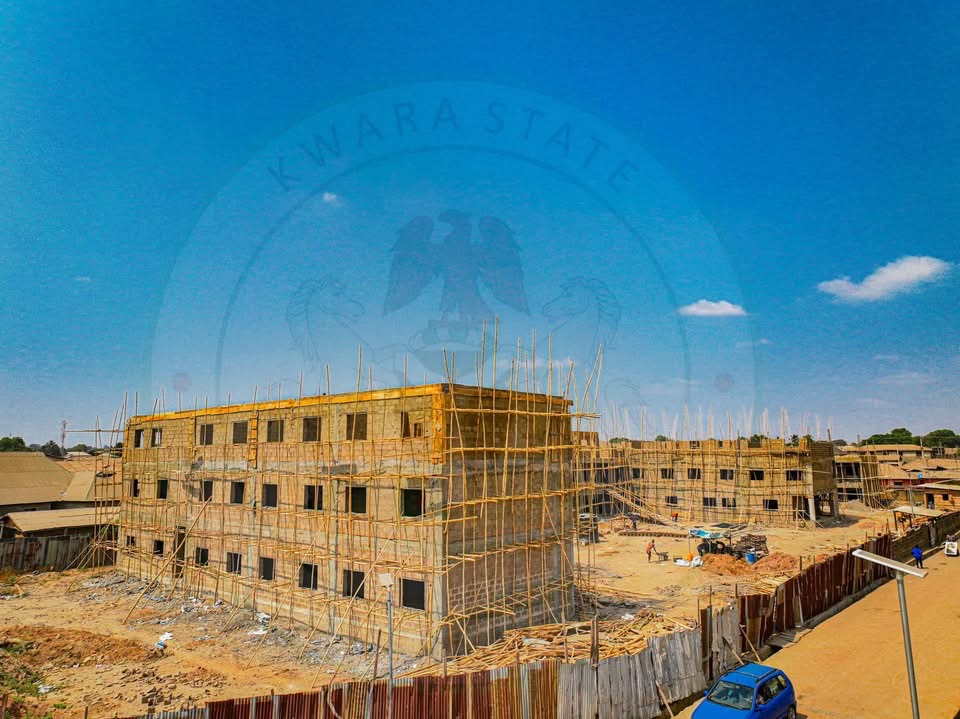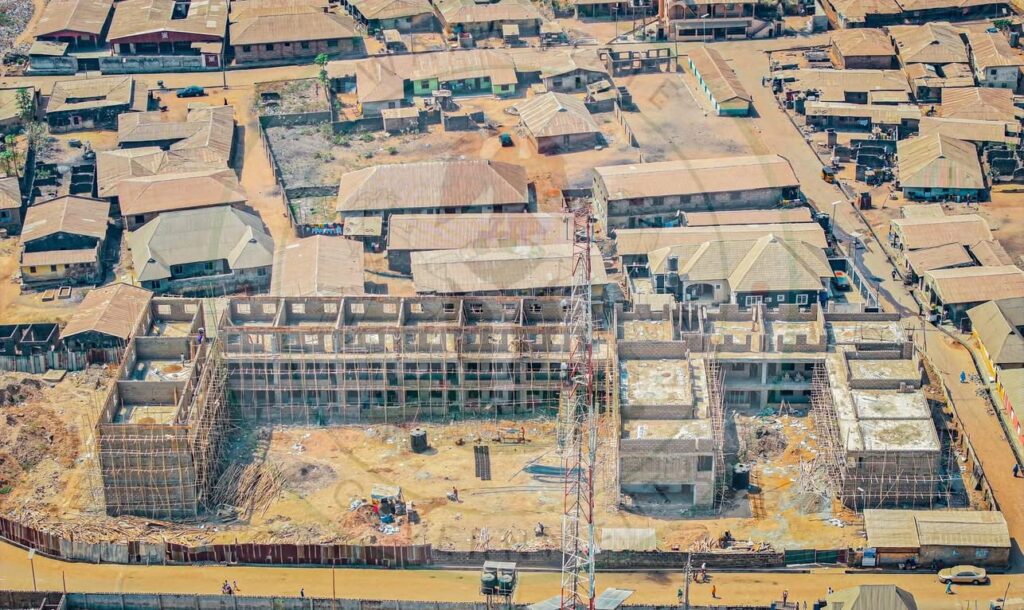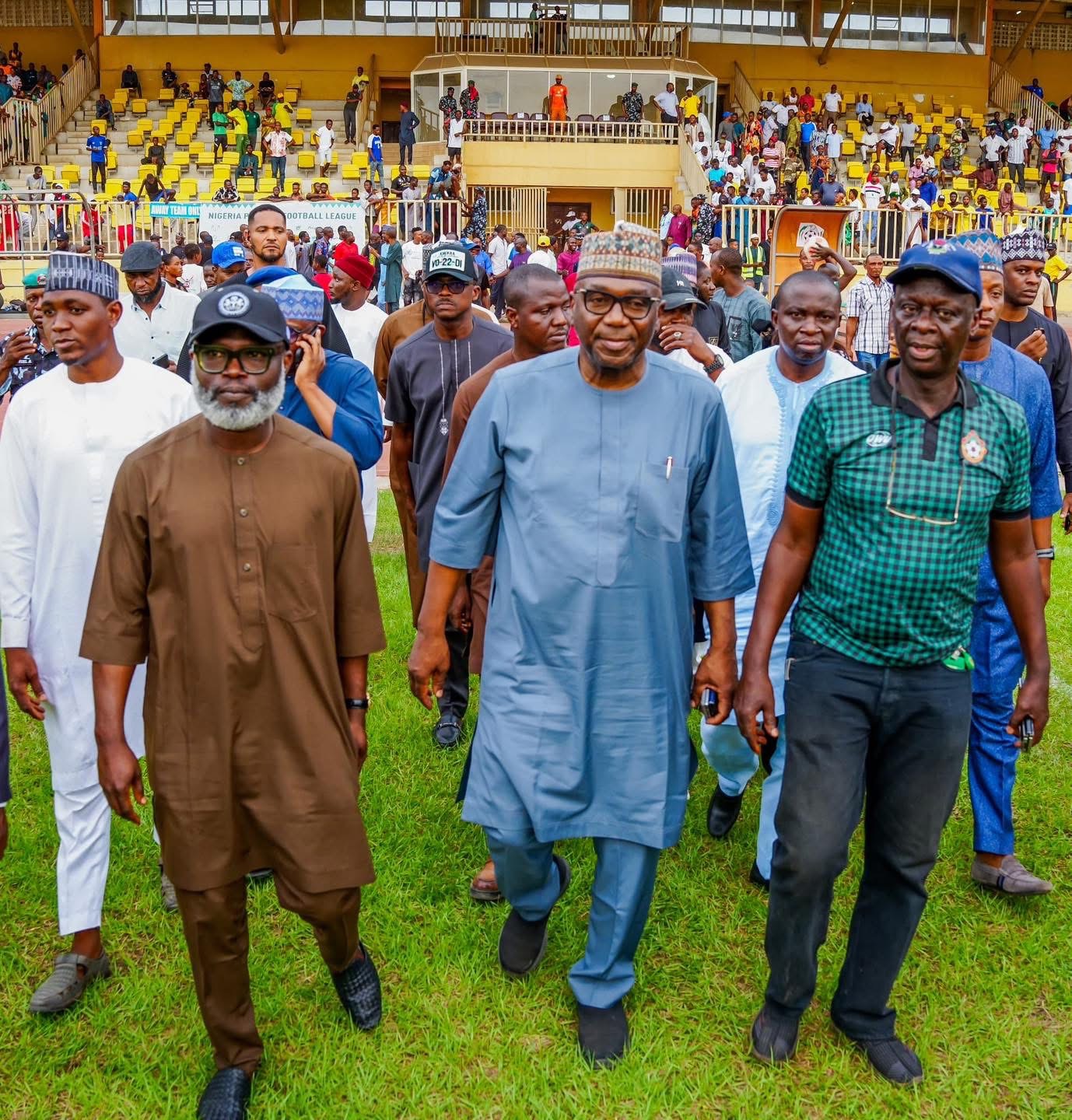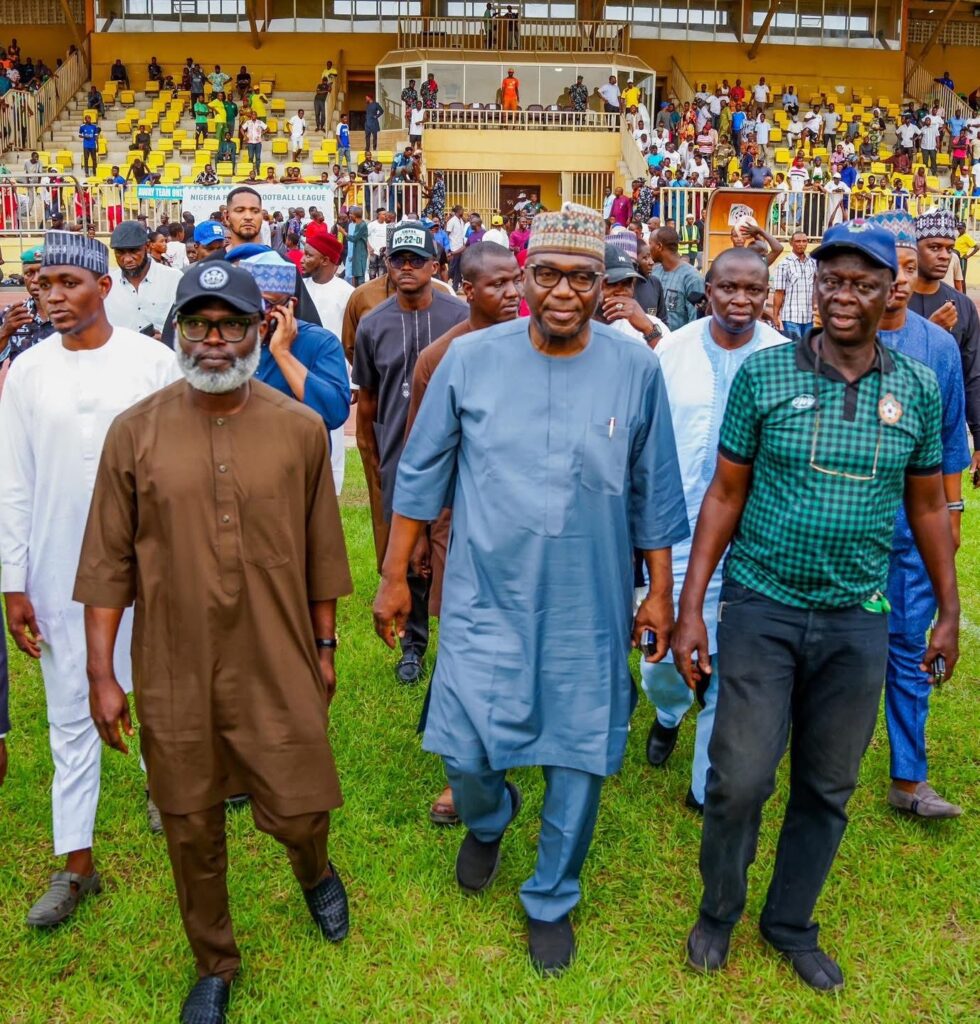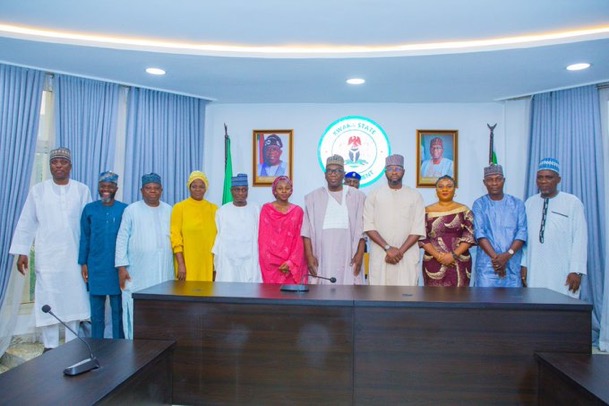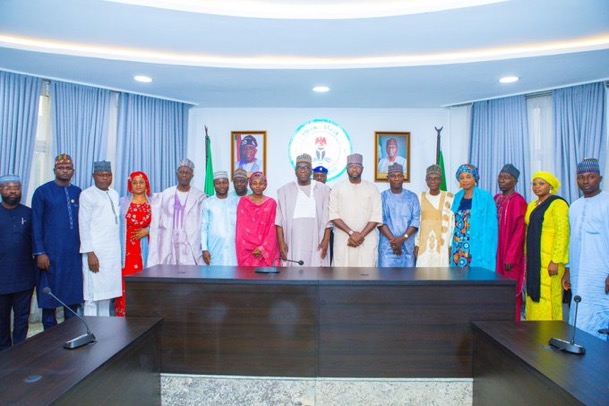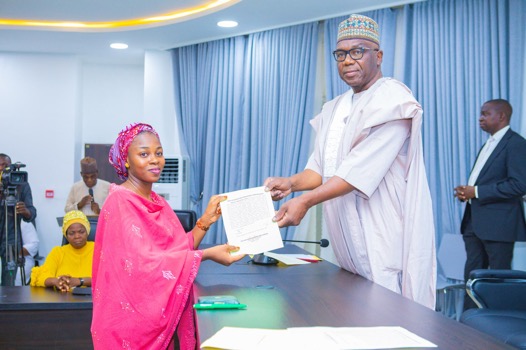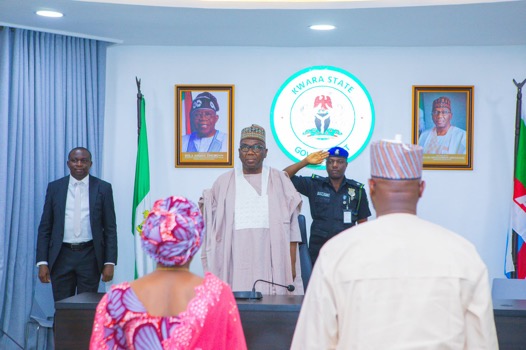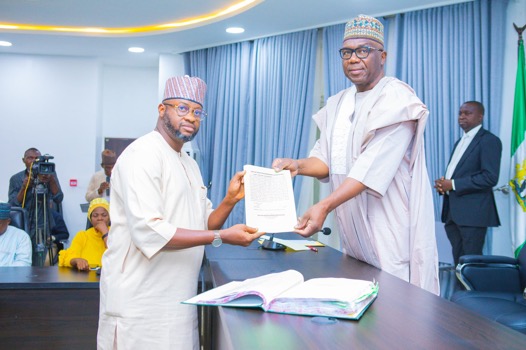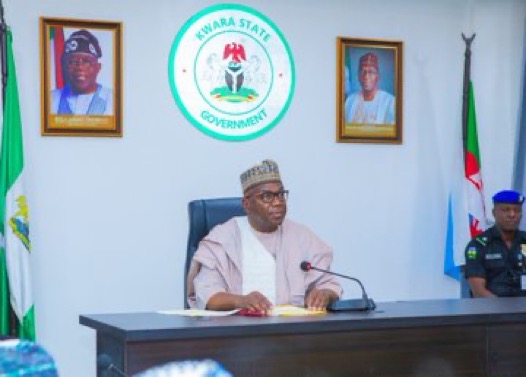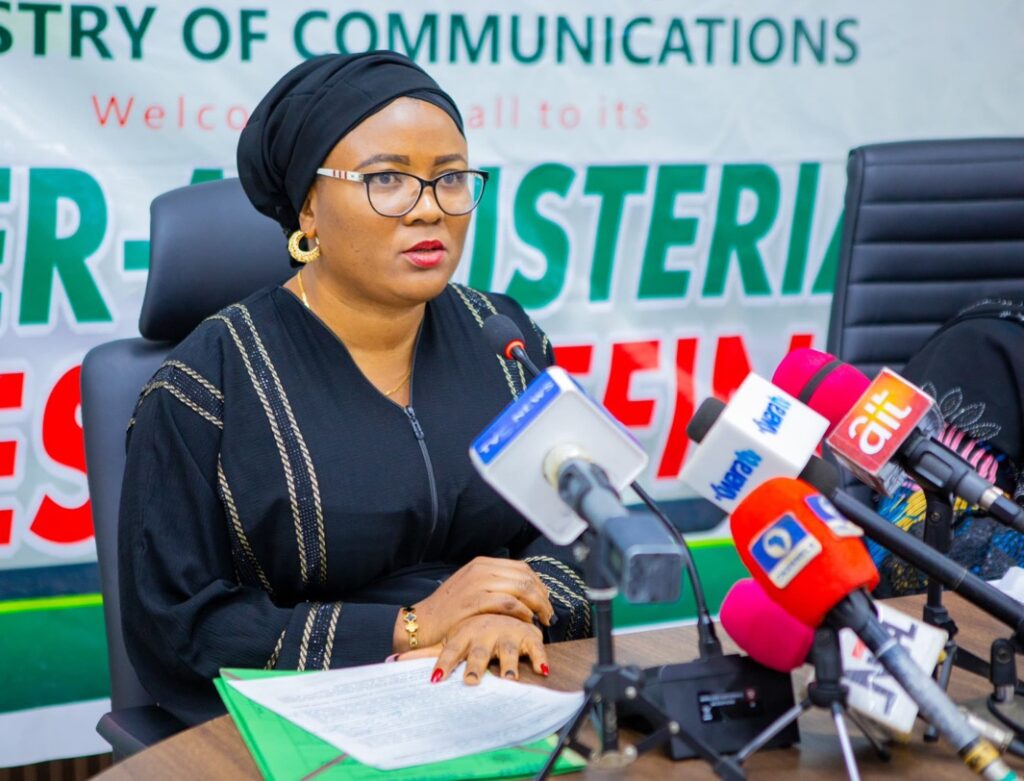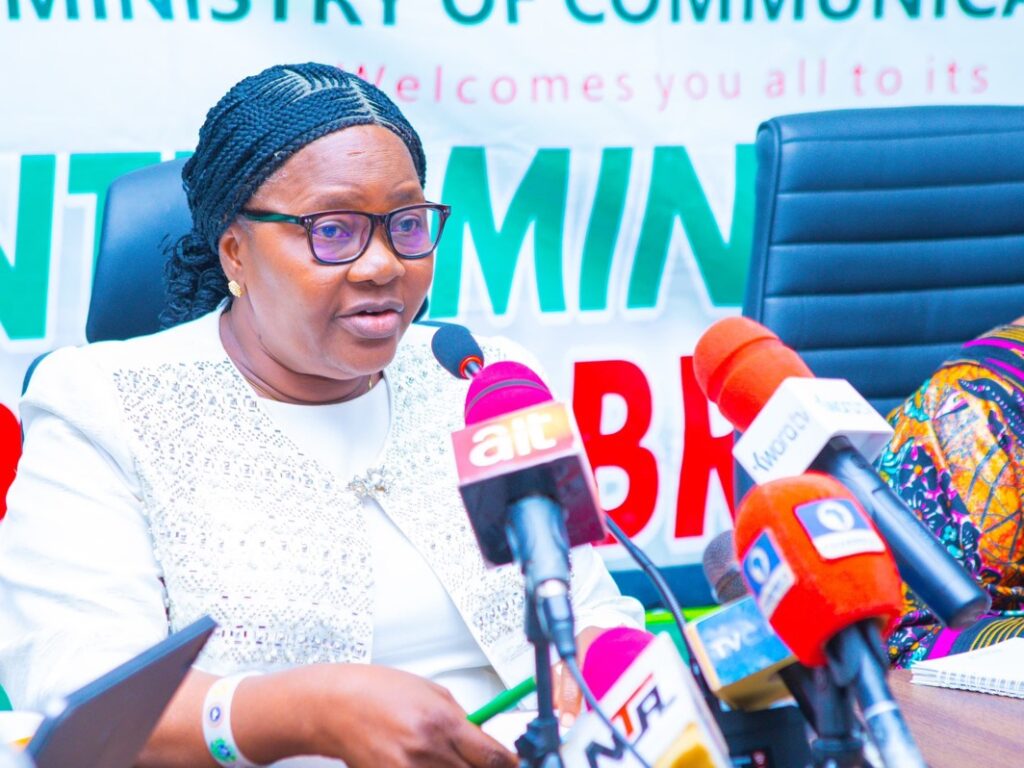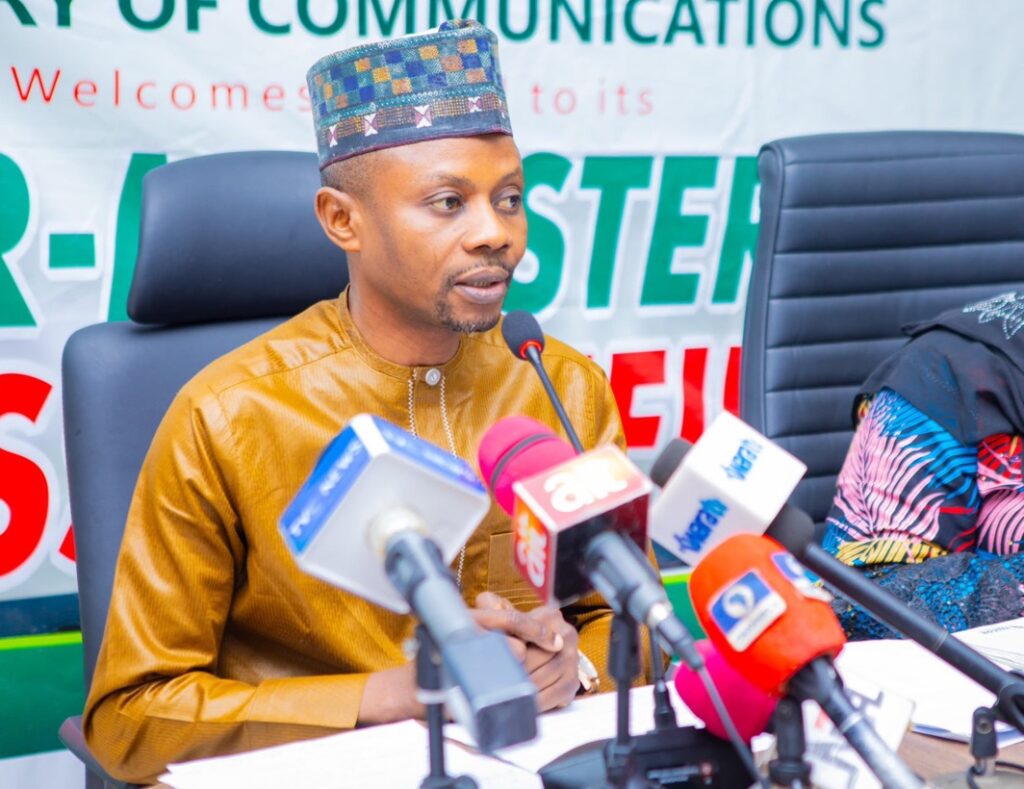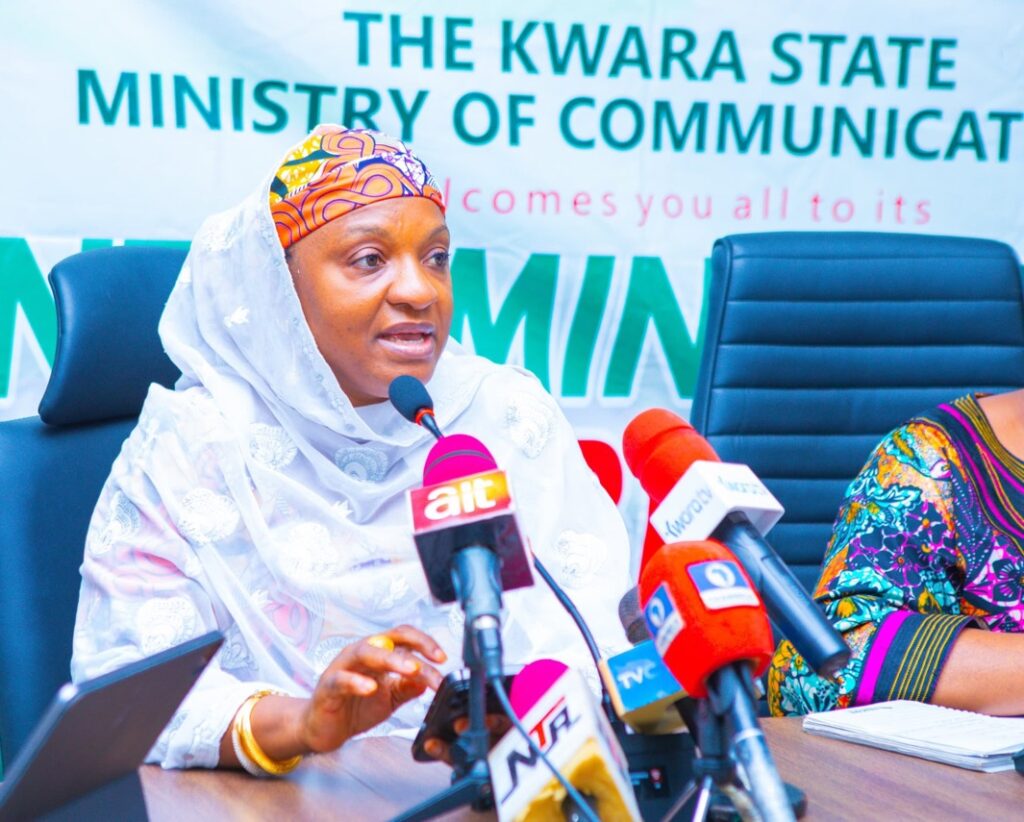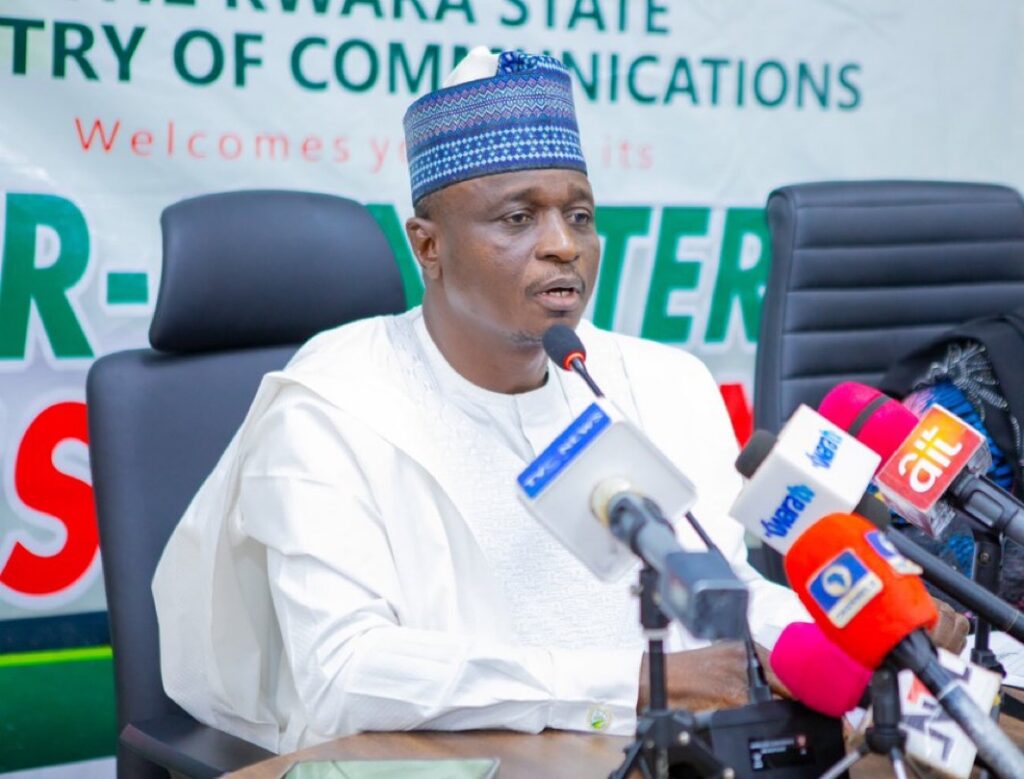…Governor AbdulRazaq Leads Efforts to Combat Synthetic Drug Crisis, Launches Campus Ambassadors Initiative
The Kwara State Government, under the leadership of Governor AbdulRahman AbdulRazaq, is set to host the second edition of the Kwara Stakeholders’ Summit on Drug Abuse Prevention and Control. Themed “Synthetic Drug Crisis: United for a Safer Kwara,” the summit aims to address the growing menace of synthetic drug abuse, which has become a critical public health and security concern, particularly among young people.
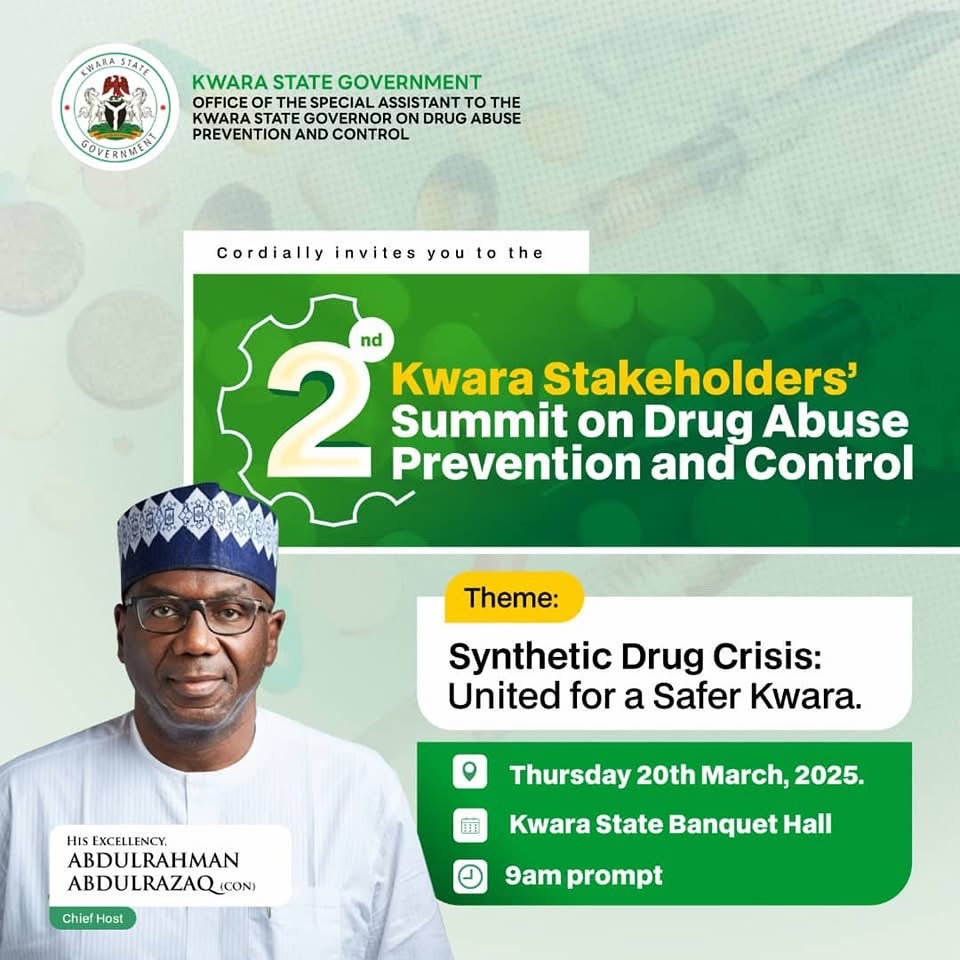
Organized through the Office of the Special Assistant to the Governor on Drug Abuse Prevention and Control, the event will bring together a wide range of stakeholders to develop preventive strategies, enhance rehabilitation efforts, and implement sustainable solutions to curb drug abuse in the state. Unlike traditional narcotics, synthetic drugs are highly potent, unpredictable, and extremely dangerous, making it imperative for the government and concerned parties to act swiftly.
A key highlight of this year’s summit is the official launch of the Kwara State Drug Abuse Prevention Campus Ambassadors, an initiative aimed at empowering young leaders in tertiary institutions across the state. The program seeks to create a network of student advocates who will lead awareness campaigns, promote responsible behavior, and foster a culture of prevention within their campuses.
The event is scheduled to take place on Thursday, March 20, 2025, at the Kwara State Banquet Hall, Ilorin, with a 9:00 AM prompt start. It will feature distinguished keynote speakers, including the Oloro of Oro Kingdom, Oba Oyatoye Joel Olaniyi Titiloye Olufayo; Professor Issa Baba Awoye, the Medical Director of Neuropsychiatric Hospital, Budo Egba; and Dr. A.A. Isiaq, a renowned lankotheorist, author, researcher, and social commentator.
In addition to the keynote addresses, the summit will include a panel discussion featuring notable figures such as Olaide Ahli, CEO of Olaidedahli Sports and Entertainment Management Company Ltd; Ambassador Mukhtar Afonja RN, Provost of Adewale Ibrahim College of Health Sciences; Dr. Mahmud Danjuma Musa, Senior Lecturer at the University of Ilorin; Hon. Asefon Dayo Sunday, Senior Special Assistant to the President of Nigeria on Student Matters; Miss Monisola Oluwadamilola Akindele, Founder of Muni’s Sickle Cell Anaemia and Drug Abuse Foundation; and Pastor Oyedapo Ademuyiwa Ipadeola, a senior pastor at RCCG Hopehall, Ilorin.
The summit is expected to attract a broad range of dignitaries, including government officials, traditional rulers, community leaders, school administrators, students, sports administrators, entertainers, media personalities, health professionals, and law enforcement agencies. With a focus on collective action, the Kwara State Government is urging all stakeholders to actively participate in the conversation and contribute to building a drug-free society.
Governor AbdulRahman AbdulRazaq’s administration has been at the forefront of initiatives aimed at addressing social challenges, and this summit underscores his commitment to tackling drug abuse through preventive measures, education, and rehabilitation. The event promises to be a crucial platform for collaboration, policy discussions, and actionable strategies to combat the synthetic drug crisis and create a safer Kwara for all.
